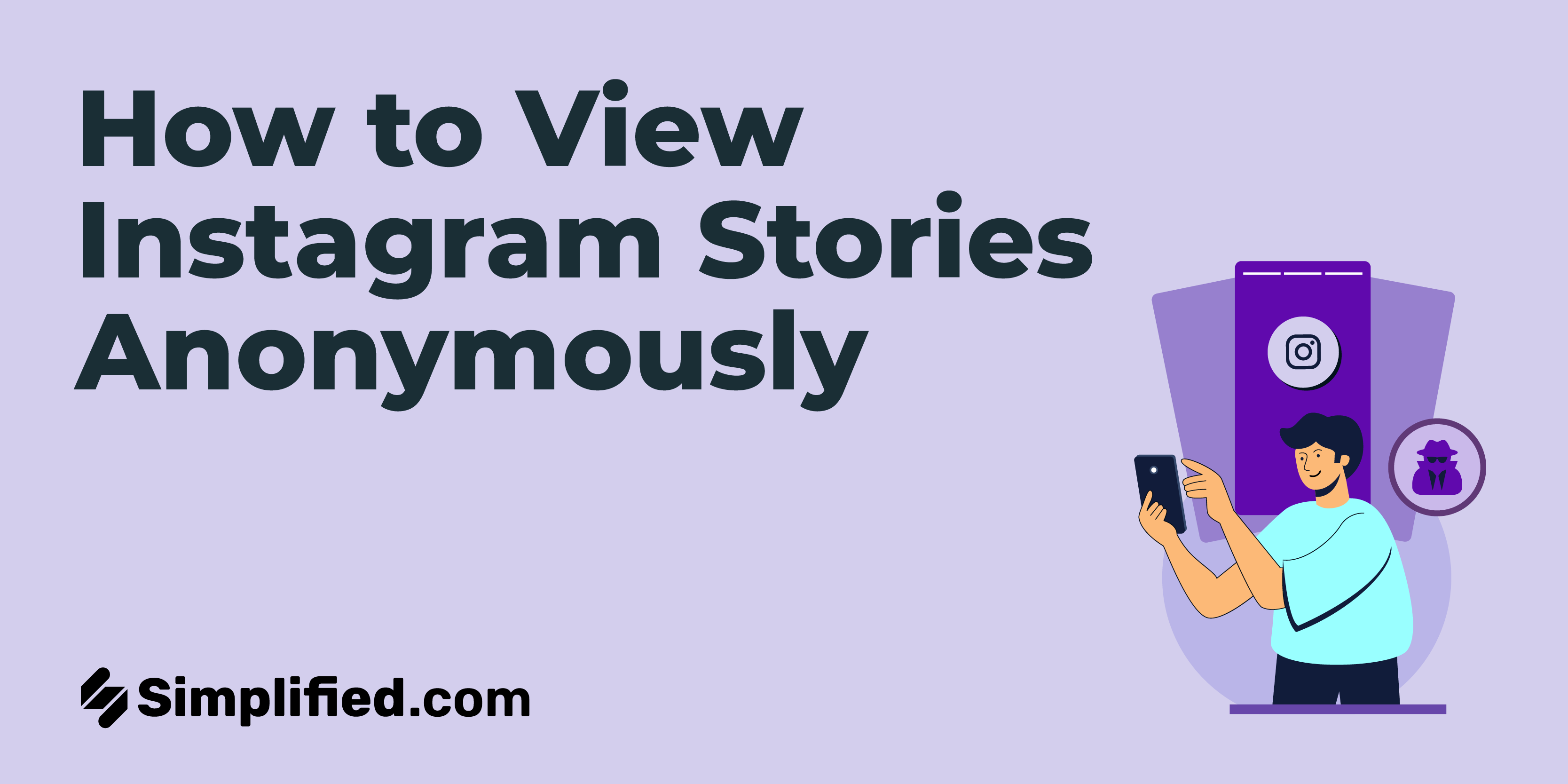What do you mean by Influencer Marketing Management?
Influencer marketing management refers to the strategic process of identifying, recruiting, and overseeing influencers for the purpose of promoting a brand or product. It often involves collaborating with content creators, bloggers, and celebrities to enhance brand visibility and drive sales.
Effective influencer marketing management entails more than simply finding popular individuals with large followings. It also involves establishing strong relationships and fostering mutually beneficial partnerships.
What is the concept of influencer marketing management?
Influencer marketing management involves meticulous planning, relationship cultivation, and performance optimization. By adhering to best practices and leveraging data-driven insights, brands and businesses can harness the potential of influencer marketing to amplify brand awareness, foster engagement, and boost sales.
The key elements of influencer marketing management include:
- Strategy development:
The initial step in influencer marketing management entails crafting a strategy aligned with the brand's goals and objectives. This encompasses identifying the target audience, the influencer's niche, content styles that resonate with the audience, and the campaign budget.
- Identifying suitable influencers:
Once the strategy is in place, the subsequent step involves identifying appropriate influencers to collaborate with. This necessitates researching and analyzing influencers' profiles, including their follower counts, engagement rates, content styles, and overall compatibility with the brand.
- Outreach and relationship building:
After identifying potential influencers, the next stage is to establish contact and build a relationship. This includes creating a compelling pitch, showcasing the benefits of collaborating with the brand, and negotiating partnership terms.
- Campaign execution:
Once the influencer agrees to work with the brand, the subsequent step is to execute the campaign. This involves providing influencers with necessary assets like product samples or creative briefs, and collaborating with them to develop content.
- Performance measurement and optimization:
Following the campaign's execution, the subsequent step involves measuring performance and optimizing for better outcomes. This entails analyzing metrics such as engagement rate, post reach, and conversions, and making adjustments to the strategy and tactics based on the data.
What is an influencer marketing platform?
An influencer marketing management platform refers to a software tool or service that simplifies the management of influencer marketing campaigns. These platforms are designed to streamline the processes of identifying, recruiting, and managing influencers, as well as analyzing campaign performance.
For instance, Mavrck is an advanced, all-in-one influencer marketing platform that empowers global consumer brands to leverage the power of social proof. Marketers utilize Mavrck to discover and collaborate with influencers, advocates, referrers, and loyalists, creating trusted content and insights for customer journey touchpoints at scale. Through its self-service influencer manager, Mavrck enables marketers to adopt an automated and performance-based approach to influencer marketing.
What contributes to successful influencer marketing management?
Effective influencer marketing management necessitates a combination of strategy, creativity, and relationship building. Here are some recommended practices to implement when managing an influencer marketing campaign:
- Clearly defined goals and objectives:
It is essential to establish clear goals and objectives for the campaign from the outset. This includes identifying key performance indicators (KPIs) such as reach, engagement, conversions, and return on investment (ROI).
- Selection of suitable influencers:
Choosing the right influencers is vital for campaign success. Seek influencers whose followers align with the brand's target audience and who exhibit a high engagement rate.
- Cultivating strong relationships:
Developing solid relationships with influencers is pivotal for a successful campaign. Treat influencers as partners rather than mere marketing channels, valuing their input and feedback.
- Providing clear and concise briefs:
Supplying influencers with precise and concise briefs is crucial to ensure that they produce content that aligns with the brand's messaging and values.
- Measuring performance and optimizing for results:
Measuring campaign performance and making adjustments based on data analysis are essential for achieving better outcomes. This involves evaluating metrics like engagement rate, reach, and conversions, and optimizing the strategy and tactics accordingly.
.webp)













